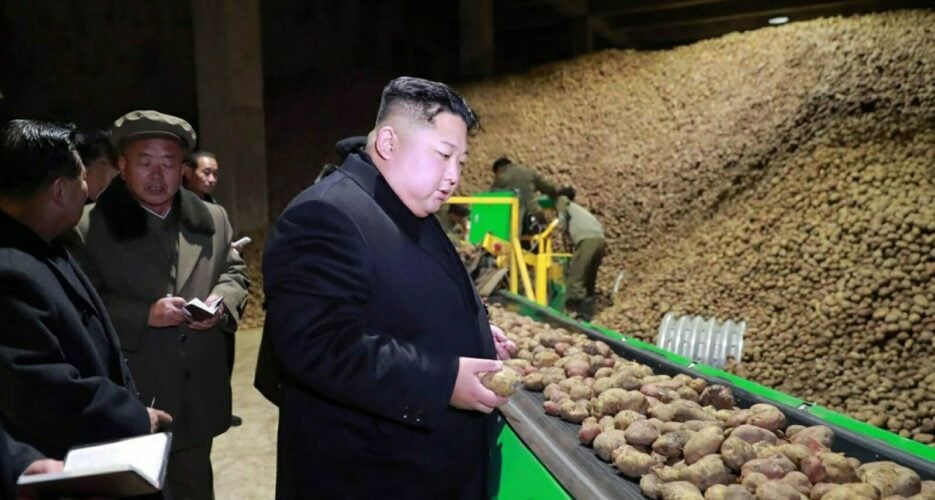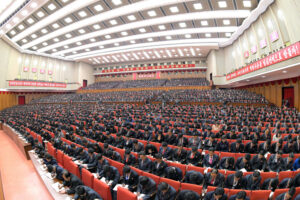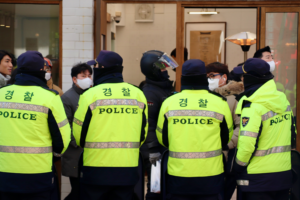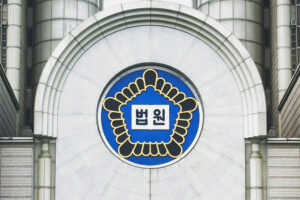North Korean media’s recent focus on potatoes could mean difficult times for regular people. Food has always carried a political meaning in the DPRK, and images of North Koreans happily munching away on white rice — a traditional symbol of prosperity — are now being replaced with the more humble spud.
This year, North Korea is facing serious economic hardship caused by economic sanctions, three back-to-back typhoons, COVID-19 border closures and a destructive flooding season. Coincidentally — or perhaps not — state media also appears to have fostered in the return of the golden potato in news reports and cooking shows.
North Korean media’s recent focus on potatoes could mean difficult times for regular people. Food has always carried a political meaning in the DPRK, and images of North Koreans happily munching away on white rice — a traditional symbol of prosperity — are now being replaced with the more humble spud.
This year, North Korea is facing serious economic hardship caused by economic sanctions, three back-to-back typhoons, COVID-19 border closures and a destructive flooding season. Coincidentally — or perhaps not — state media also appears to have fostered in the return of the golden potato in news reports and cooking shows.
Become a member for less than $4 per week.
Unlimited access to all of NK News: reporting, investigations, analysis
The NK News Daily Update, an email newsletter to keep you in the loop
Searchable archive of all content, photo galleries, special columns
Contact NK News reporters with tips or requests for reporting
Get unlimited access to all NK News content, including original reporting, investigations, and analyses by our team of DPRK experts.
Subscribe now
All major cards accepted. No commitments – you can cancel any time.










